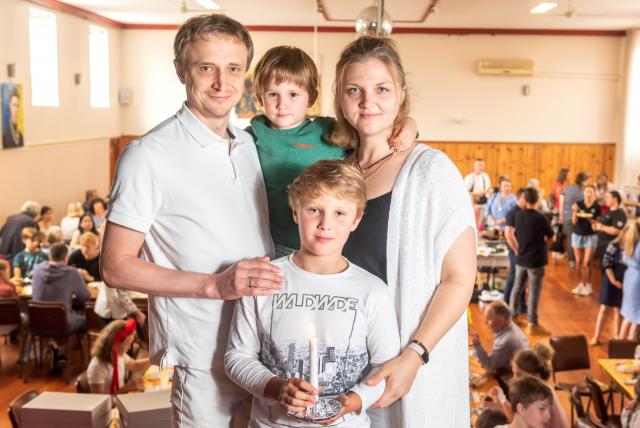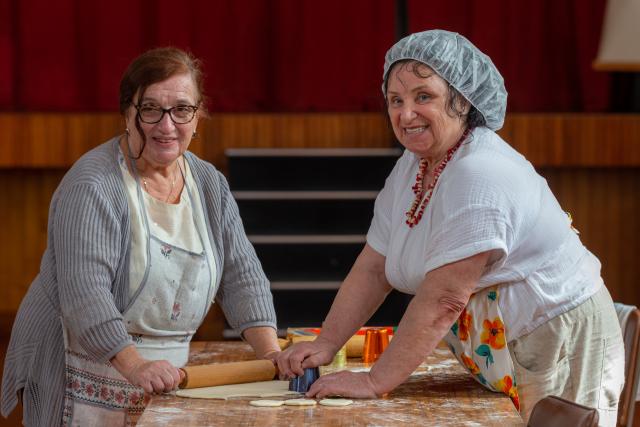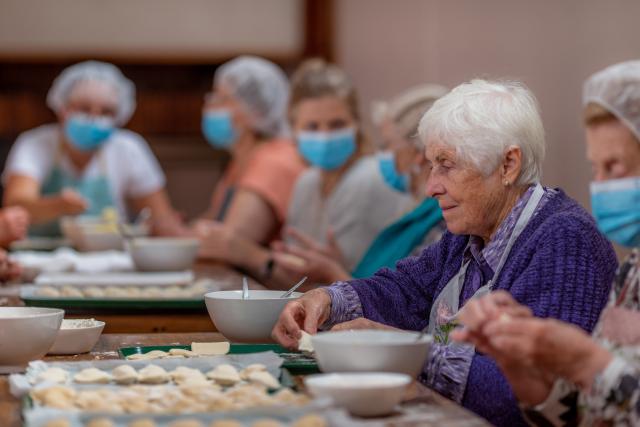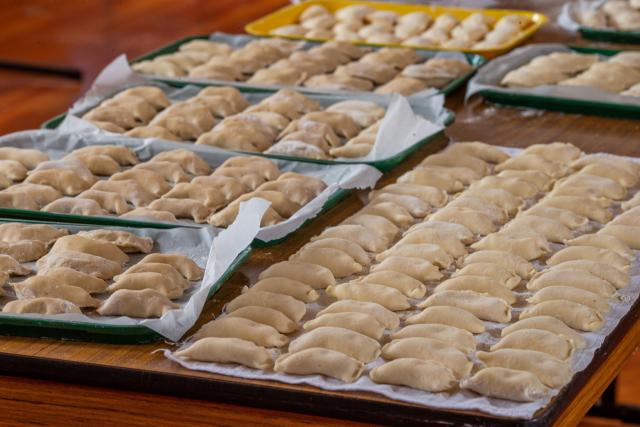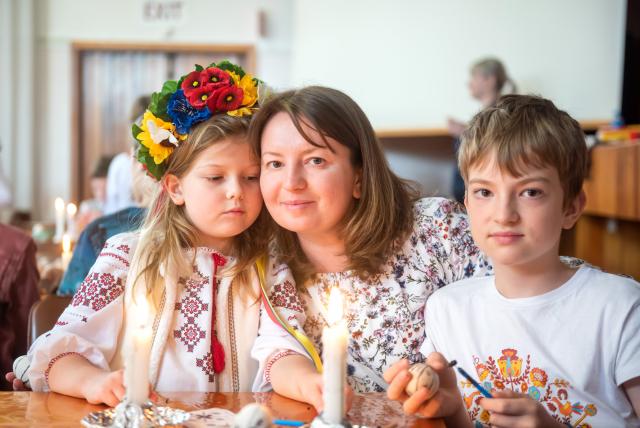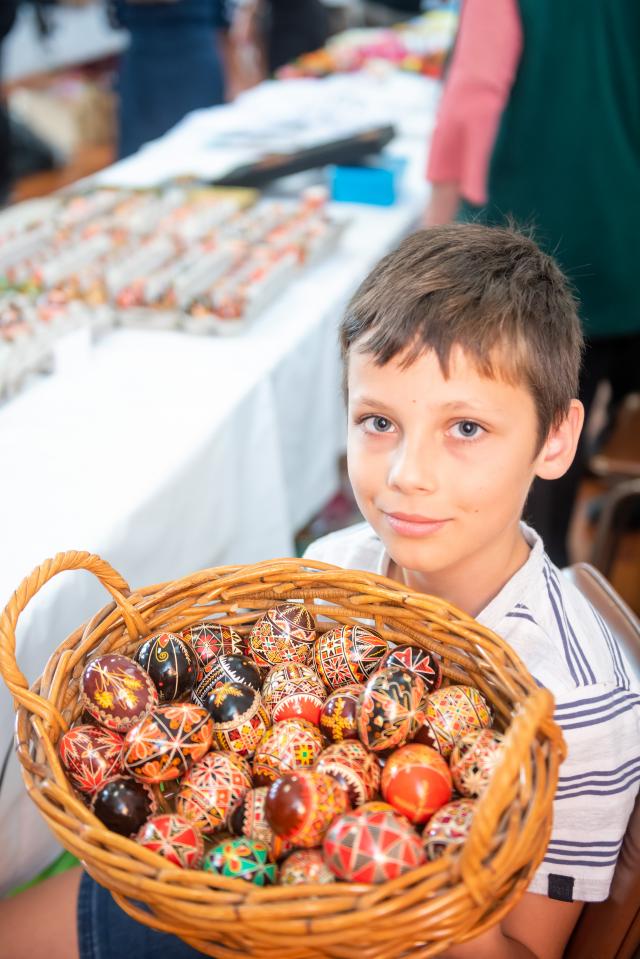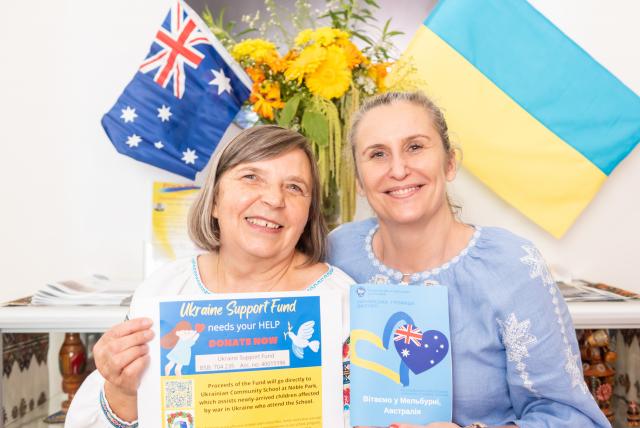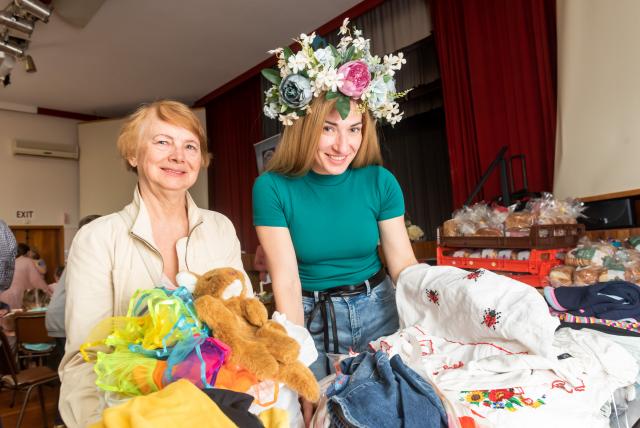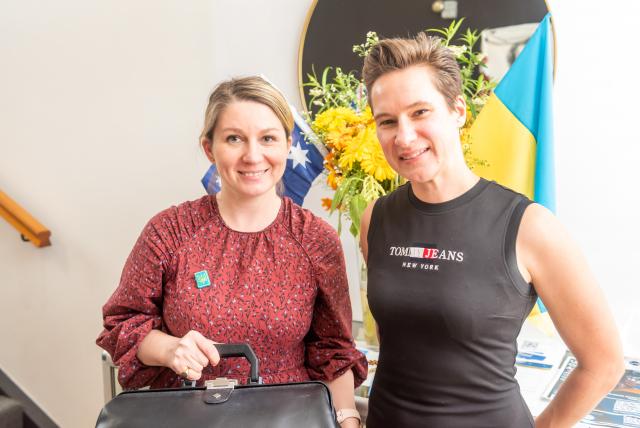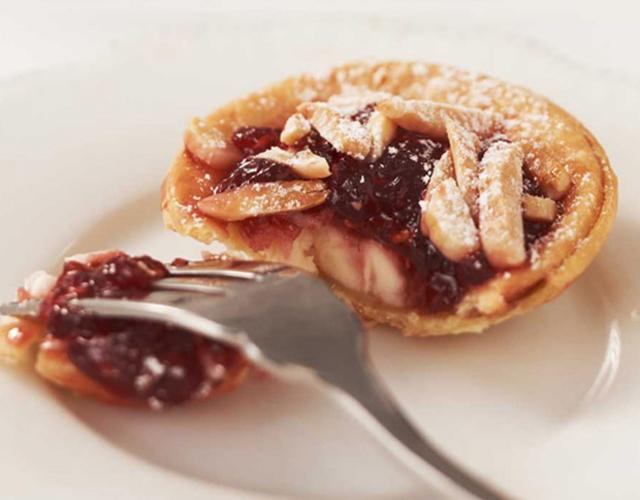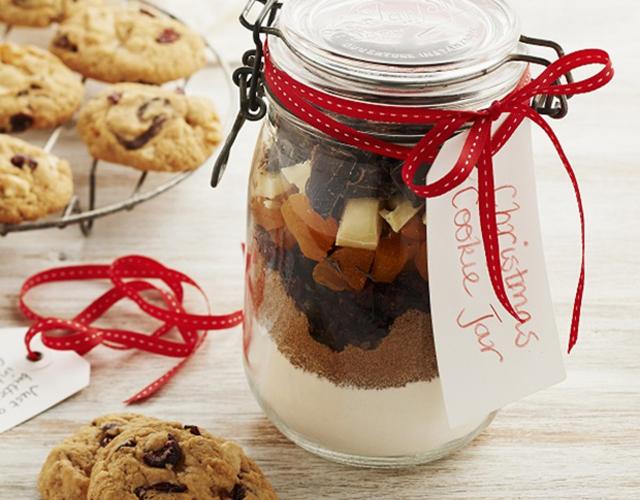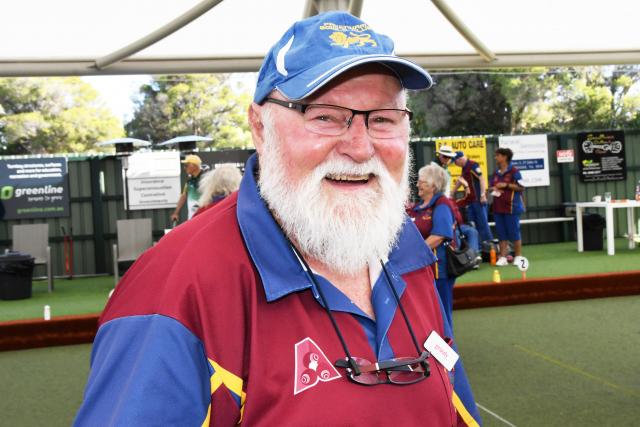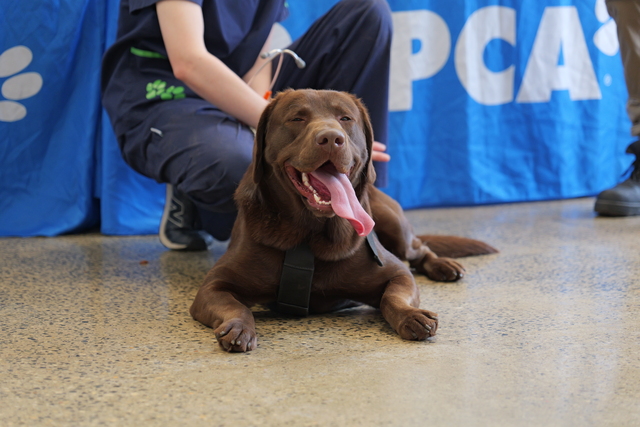Fleeing the horrific war in Ukraine, scores of refugees have been welcomed into a tight-knit community in Noble Park and the South East.
In a poignant pre-Easter bazaar on Saturday 9 April, children from Ukraine joined local students in delicately decorating Easter eggs (pysanka) in the traditional Batik method of wax and dye.
Adults helped prepare the traditional dumplings (varenyky), Easter breads (pasky) and cakes sold to raise funds for resettled Ukrainians as well as those abroad.
It’s part of a rallying response by Association of Ukrainians in Victoria’s Noble Park branch and the Ukrainian Community School to help more than 100 new arrivals in the South East.
So far, Australia has accepted about 1000 refugees from Ukraine. But there’s been no government support for their resettlement.
“The Government has been swift getting people here but they’re not able to work yet. There’s no housing, no financial support,” says the association’s Noble Park president Liana Slipetsky.
“It’s something our community has had to pick up.”
“The community is rallying to link people together and show them support,” Ukrainian community school principal Orysia Stefyn says.
“We’re trying to involve the families and to give them something to think about other than the horrific experience they’ve been through.”
Like, decorating ornamental Easter eggs that carry nourishing symbols of good wishes.
Reindeers for good health, trees for strength, flowers for beauty, the Sun for life and wheat sheaths or farming tools for a good harvest.
The eggs and Easter foods such as ‘breads of life’ (pasky) are traditionally taken to church for blessings during the all-night service of Holy Saturday ahead of the Sunday dawn.
While observing the Easter story of Christ’s suffering and resurrection, Ms Stefyn has seen the signs of trauma in her students.
A child who would not interact with anyone for his first week in Australia, who then clutched Ms Stefyn repeatedly shouting “There’s war. There’s war. There’s war.”
“I thought what has this child been through?” Ms Stefyn said.
An Ukrainian-Australian mother Nadiya Zagriichuk and three-year-old son visiting her parents in Chernihiv, one of the first regions attacked by Russia’s invaders.
In the early hours of the morning they planned to fly home to Australia, the shelling started. Their flight plans up-ended, the mother and son drove for 18 hours to Kyiv and Lyiv while keeping in touch with her husband Andrii in Australia.
They stayed in a bomb shelter before catching a train to safety in Poland.
Ms Stefyn says they, like many of her school’s families, are worried for loved ones staying and fighting in the war zone.
Among the refugees was a woman who stayed put in Kyiv until a rocket landed in their neighbour’s yard. Her husband remains in Ukraine while she fled to Australia where she knew no one.
“They don’t know what their future holds. They don’t know if there will be a home to go back to.
“There’s lots and lots of people who have gone through such horrible experiences.”
The community is providing not just the physical aid, but emotional support.
Children have been absorbed into the community school, families inducted in free English-language classes and welcomed into the community’s seniors lunches and youth camps.
Some locals in Springvale and Noble Park have offered their vacant homes. Clothes, rent, school fees and books are being donated through the school’s Ukraine support fund.
Other community groups are showing support, like the Springvale Italian Senior Citizens Club which raised $1000.
Volunteers made and sold Ukrainian national flags, raising more than $3000.
To donate or help, the branch recommends the United Resource for Ukrainians in Australia website, ukrainians.org.au

